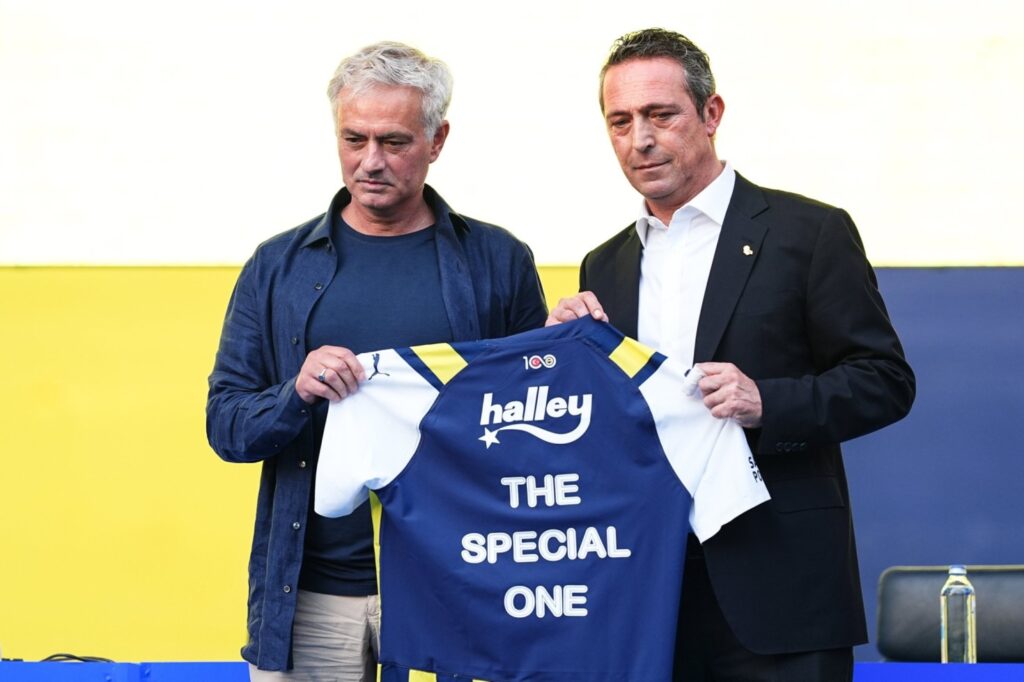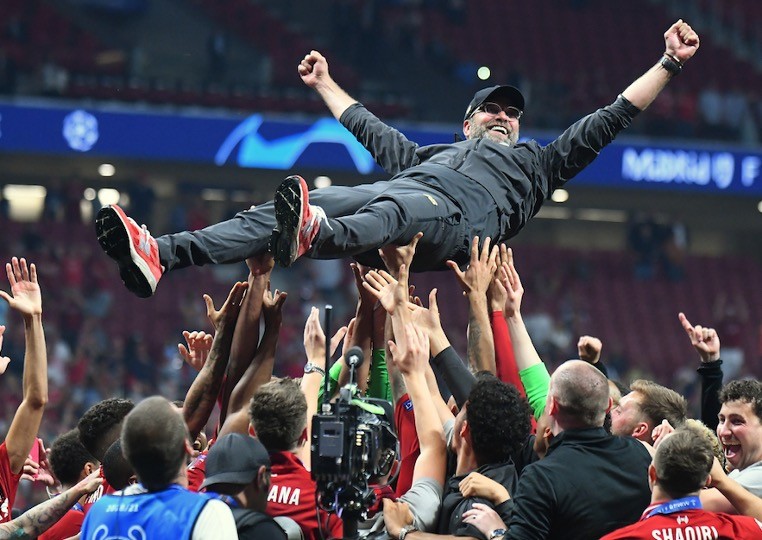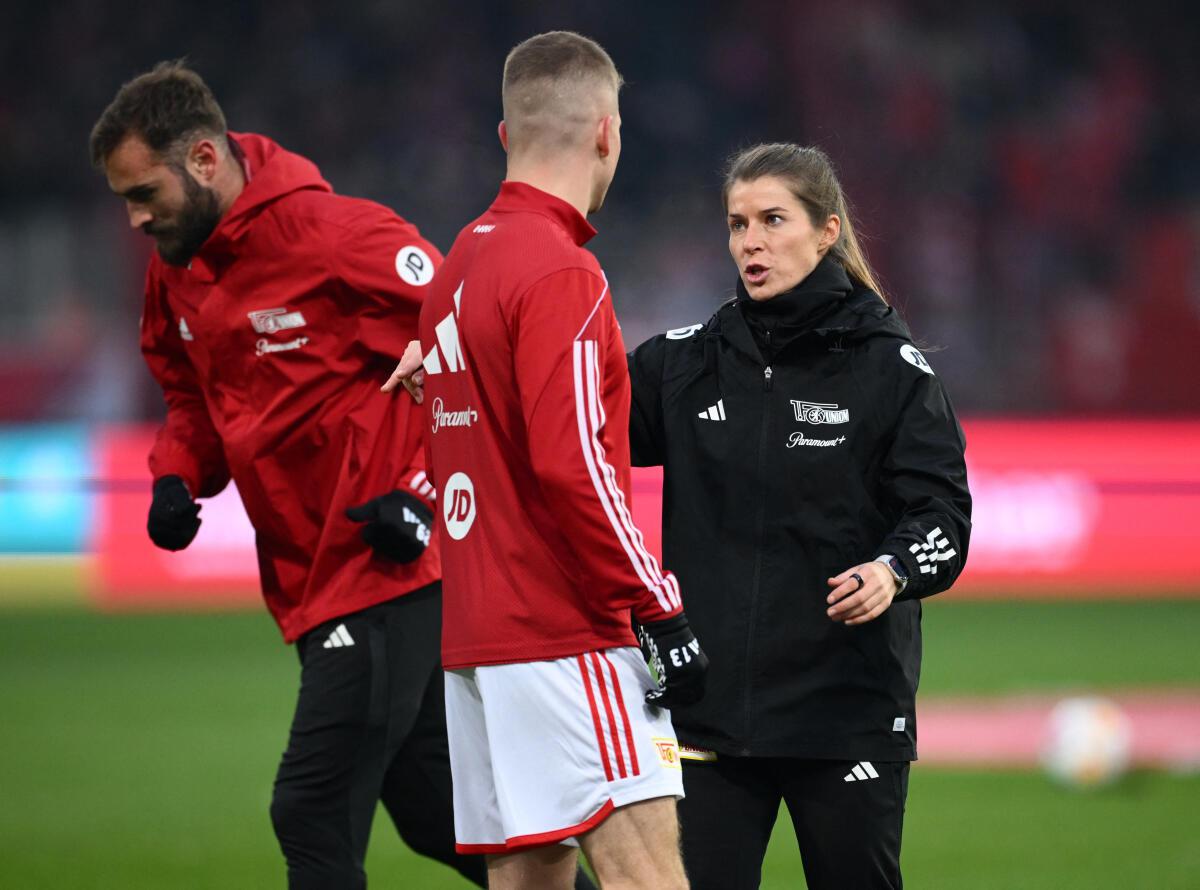Football coaching, like in any other team sport, requires more than just tactical knowledge. It involves managing people, navigating dynamic environments, and understanding different personalities, each with their own dreams. Leadership plays a central role in shaping a team’s success, with coaches serving as the primary driving force behind the team’s performance.
Leadership coaching has emerged as a powerful tool for fostering growth and resilience in today’s fast-paced world. By integrating coaching skills with leadership principles, effective leaders cultivate a dynamic leadership environment that promotes collaboration, creativity, and innovation.
Adopting a coaching leadership style enables leaders to connect deeply with their teams, empowering individuals to achieve their full potential while addressing challenges with confidence. This approach emphasizes the importance of refining a personalized coaching style, which not only enhances a leader’s ability to guide but also strengthens their overall impact in their leadership role.
Quiet Leadership: Winning Hearts, Minds and Matches

One of the greatest managers of all time, with 5 Champions League titles
- His understated style has earned him the fierce loyalty of players like David Beckham, Zlatan Ibrahimovic and Cristiano Ronaldo.
- Ancelotti reveals the full, riveting story of his managerial career
- His methods, mentors, mistakes and triumphs The result is both a scintillating memoir and a rare insight into the business of leadership.
- The result is both a scintillating memoir and a rare insight into the business of leadership.
A coaching culture is pivotal in building organizations where growth and adaptability thrive. Through the principles of creative leadership, leaders inspire their teams to think innovatively and embrace challenges as opportunities for development. By fostering this environment, leaders embody the essence of an effective leader who balances empathy with strategic vision.
Leadership coaching and the cultivation of coaching skills are essential in shaping leaders who can navigate complexities and empower teams to achieve shared goals. This dual focus on coaching and leadership ensures a transformative impact that extends beyond individual achievements to benefit the entire organization.
Effective leadership in coaching can inspire players, build team dynamics, and elevate a team’s overall capabilities. This article explores the powerful impact leadership in coaching has on team’s performance, highlighting key elements that contribute to success.
Disclosure: Please note that some of the links below area affiliate links and at no additional cost to you I will earn a commission. Know that i only recommend products services and brands I have personally used and stand behind. When you use one of my affiliate links, the company compensates me, which helps me run this blog and keep my in -depth content free of change for readers (like you). Read our disclosure for more info.
Table of Contents
Understanding Leadership in Coaching
Leadership in coaching goes beyond technical knowledge or tactical ability. A coach must be a motivator, communicator, and decision-maker all rolled into one. Effective leadership involves guiding players, setting goals, and building an environment that nurtures both individual growth and team success. A coach must develop their own personal traits and leadership skills as a leader to better manage a team full of demanding personalities and align them toward a common goal.
What is Leadership in Coaching?
In the context of football, leadership is the ability of a coach to influence and inspire their players to perform at their best. This includes making strategic decisions, encouraging self-discipline, and fostering an atmosphere of accountability and teamwork. A great leader on the field also inspires trust and confidence among players.

Key Qualities of Effective Leadership
An effective football coach must possess the following essential qualities:
- Vision: A coach who has a clear vision for their team can establish both realistic short-term goals and significant long-term aspirations. This goal serves as motivation, encouraging players to pursue achievement. For example, a coach will modify their training sessions and tactical plans to reflect their goal of developing a squad known for its aggressive counterattacking style.
- Communication: Effective communication is essential while giving directions during a game or providing comments following a training session. Coaches must communicate expectations and tactics in a clear and concise manner. Coaches like Pep Guardiola, are well known for their clear-cut yet exact communication methods, which guarantee that each player is aware of their exact job on the field.
- Empathy: Recognizing player dynamics, individual personalities, and unique challenges is vital. A coach who demonstrates empathy can inspire players by addressing their specific needs and goals. Sir Alex Ferguson was well-known for fostering strong personal connections with his players, building loyalty and trust that greatly contributed to team unity and success.
- Decisiveness: Football demands quick decision-making, especially in high-pressure situations. Effective leaders must make tactical decisions during matches that can alter their outcomes. For example, Jurgen Klopp has demonstrated decisive leadership by making strategic substitutions that have frequently changed the momentum in Liverpool’s favor.
- Adaptability: Because football is unpredictable, coaches must modify their plans of action as conditions change. Strong leadership is characterized by flexibility, whether it is in handling an injury, a red card, or an unexpected move by the opposition. This trait is best demonstrated by coaches such as Carlo Ancelotti, who is renowned for his ability to adjust tactics quickly in response to changing game conditions.
How Leadership Affects Team Performance
Influence on Individual Player Growth
Building Team Cohesion
Leadership in coaching is also crucial in creating unity and cohesion within a team. A coach must ensure players understand that their individual success is tied to the success of the entire team.

One great example of leadership in this area is the late Johan Cruyff, whose philosophy at Barcelona stressed teamwork over individual stardom. His leadership approach focused on creating a style of play based on fluid team movement, where players worked as a unit rather than relying on one individual. The impact of this leadership was profound, leading to Barcelona’s success during his tenure and beyond.
When players trust each other and work together effectively, the entire team benefits. A cohesive team is more likely to recover from setbacks during a match and capitalize on opportunities. For example, when teams like Bayern Munich and Barcelona with many youngsters in their squad, play under coaches like Hansi Flick, who emphasizes team unity, the players perform with a sense of collective responsibility, which often results in more consistent performances.
Leadership Styles and Their Impact on Performance
Autocratic Leadership Style
In some circumstances, especially when it comes to imposing discipline, autocratic leadership—where the coach makes all the choices and the players are expected to obey them without question—can be successful. But this method frequently overlooks innovation and might foster a fear-based atmosphere.
This leadership style has worked well for the football manager Jose Mourinho, who is renowned for his firm, commanding attitude, especially in high-pressure circumstances. However, when the dictatorial style is overused, his leadership has also been criticized for creating conflict among players.

While autocratic leadership can provide quick results and clear authority, it can lead to lower player satisfaction and, in the long term, impact team performance negatively. This style works best when immediate action is needed, but it’s less effective for long-term growth.
Democratic Leadership Style
A democratic leadership style, where the coach involves players in decision-making, often fosters a stronger sense of teamwork and player engagement. Aside from his early years when he imposed stringent regulations to change the club’s mindset, Arsène Wenger was renowned for their democratic methods. Players can take control of some features of the game with this technique. Players are more likely to be motivated and perform better when they believe that their thoughts and opinions are valued.
For example, Arsenal’s “Invincibles” season under Wenger’s direction was a shining illustration of how a democratic approach facilitated smooth teamwork. The players worked as a cohesive team, each understanding their position and contributing to the overall aim, which resulted in an undefeated run in the Premier League.
Transformational Leadership
Players under the direction of transformational leaders are motivated to go above and beyond. Developing a vision that inspires players to reach greater objectives is the main objective of this leadership approach. One of the best examples of a transformational leader is Jurgen Klopp.
Liverpool has had great success thanks to his drive, excitement, and focus on player development. Under Klopp’s direction, Liverpool became one of the greatest teams in the world and won both the Premier League and the Champions League.

Transformational leaders instill a sense of belief in their players, encouraging them to think beyond what they thought was possible. This positive reinforcement leads to a more dynamic and motivated team.
Motivating Players
Player motivation is significantly impacted by the leadership of a coach. Players are motivated to push over their perceived boundaries by great leaders. They put players under pressure to improve their abilities and stay highly dedicated despite hardship. This degree of drive could make the difference between a successful and unsuccessful team.
Whether it’s a losing streak or a player who doesn’t perform well, every football team has difficulties during the season. The leadership of a coach keeps spirits high throughout trying times. Players may overcome these obstacles and come out stronger if their coaches can keep them inspired, goal-oriented, and self-assured.
Challenges Faced by Coaches in Leadership
Not every player will react well to a coach’s leadership style right away. A coach’s method may be met with resistance by certain players, particularly if it deviates from their prior experiences. Patience, communication, and occasionally a change in leadership style to better suit the needs of the team are necessary to overcome this opposition.
Another difficulty that coaches encounter is handling disagreements. Players may argue because personalities frequently clash. In order to maintain team unity and focus on accomplishing their shared objectives, a coach must resolve these issues in a timely and equitable manner.

Leadership Examples
Case Study 1: Jurgen Klopp and Liverpool
Liverpool saw a dramatic improvement in both performance and mindset under Klopp’s direction. Liverpool’s success has been largely attributed to Klopp’s capacity to motivate players, establish a winning mindset, and make critical tactical alterations during games.
Under his transformative leadership, Liverpool ended a 30-year title drought by winning the Premier League in 2020 and the UEFA Champions League in 2019. Liverpool has become one of the most dominant football teams in Europe thanks to Klopp’s emphasis on togetherness, relentless pressing, and faith in his players’ ability.
Case Study 2: Sir Alex Ferguson and Manchester United
Sir Alex Ferguson is renowned for his leadership capability and unique coaching approach at Manchester United. Manchester United won 13 Premier League crowns, five FA Cups, and two UEFA Champions League trophies under his authoritarian yet caring leadership style.
Ferguson’s leadership in coaching had a significant influence on player personality management, creating a cohesive team culture, and making important choices at pivotal times. Manchester United remained at the top for more than 20 years thanks to his ability to inspire players, from up-and-coming talent to seasoned veterans.

Conclusion
Leadership in football involves more than just choosing the best course of action; it also entails creating an atmosphere where players feel encouraged, appreciated, and supported. A head coach can be a better leader when he improves players’ individual and team performance, creates trust, and develops the team’s culture. A football team’s success is mostly dependent on its coach’s leadership effectiveness, whether it is in inspiring players, developing winning tactics, or maintaining team unity.
Effective coaches play a pivotal role in shaping successful teams and fostering individual growth. Through well-structured coaching sessions and a commitment to authentic leadership, they inspire trust, cultivate resilience, and guide their teams toward excellence.
Leadership training and developmental coaching are essential tools that help coaches refine their leadership roles, equipping them to navigate challenges and adapt to diverse personalities and situations. By embracing the principles of authentic leadership, coaches not only enhance their own capabilities but also empower their teams to achieve a shared vision.


[…] must possess strong leadership skills to inspire and guide the team. Effective leaders can motivate players and staff, fostering a […]